10 Effortless Tips For Softer & More Kissable Lips

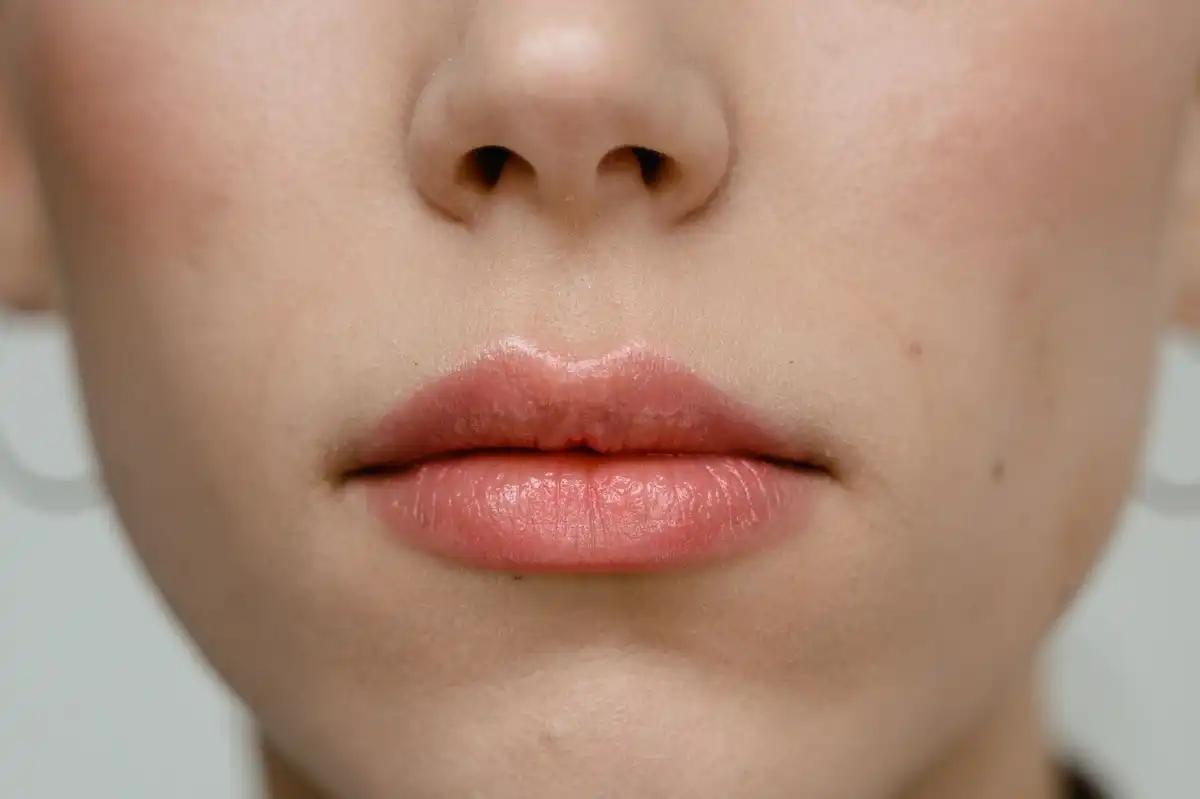
Struggling with how to get soft lips? If you’re one of the not-so-lucky people who struggle with chronic dry or chapped lips, something as simple as kissing the person you love can be embarrassing. Knowing how to make your lips soft can prevent you from struggling with peeling skin, cracked lips, and always haggling with chapping. Especially in the cold weather months, when chapped lips tend to be worse.
Even if you don’t generally struggle with chapped lips but your skin tends to be rougher, there are ways to learn how to get soft lips. When you know how to make your lips soft, it will make them even more kissable than before!
10 Ways To Get Soft Lips
1) Moisturize Your Lips Correctly
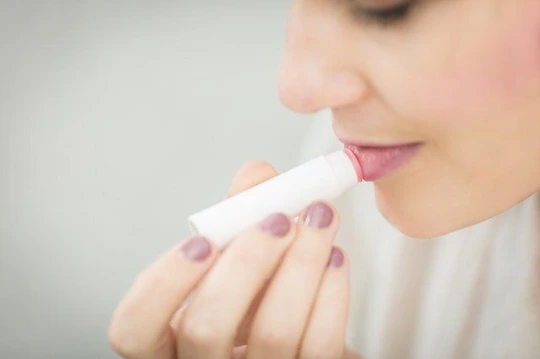
The first thing most people tend to do for soft lips is to moisturize them with a lip balm or salve. But did you know that certain types of lip balms can actually make your lips drier than they already were? Those that are high in wax tend to block off moisture, which can cause them to dry your lips out more after you use them. Especially if you rely on them on an everyday basis.
2) Use Lip Balm With SPF
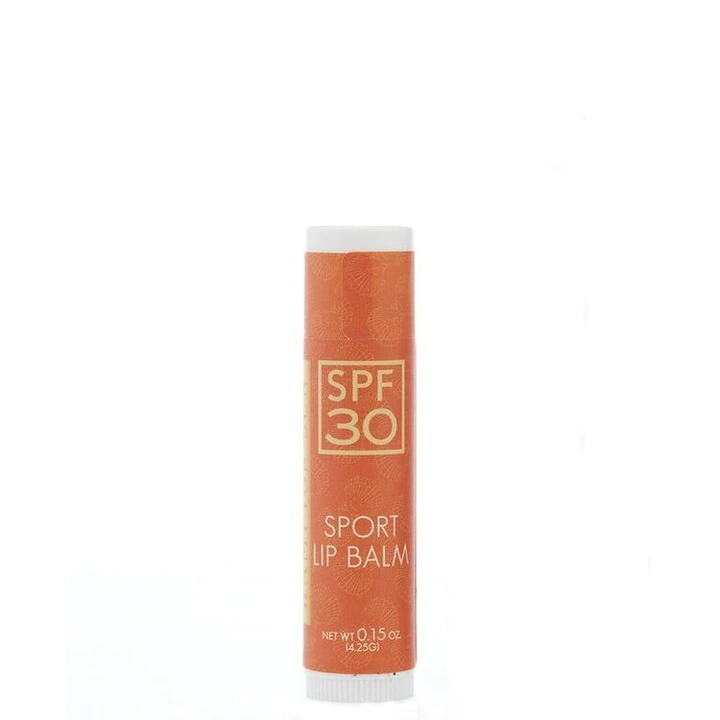
The sun is just as bad for your lips as it is for your skin. But a lot of us don’t think about applying sunscreen to our mouths while we’re lathering up for the swimming pool. If you’re going to be spending time outdoors, make sure you find a lip balm with some SPF and apply it liberally beforehand, then every hour thereafter.
3) Brush Your Lips
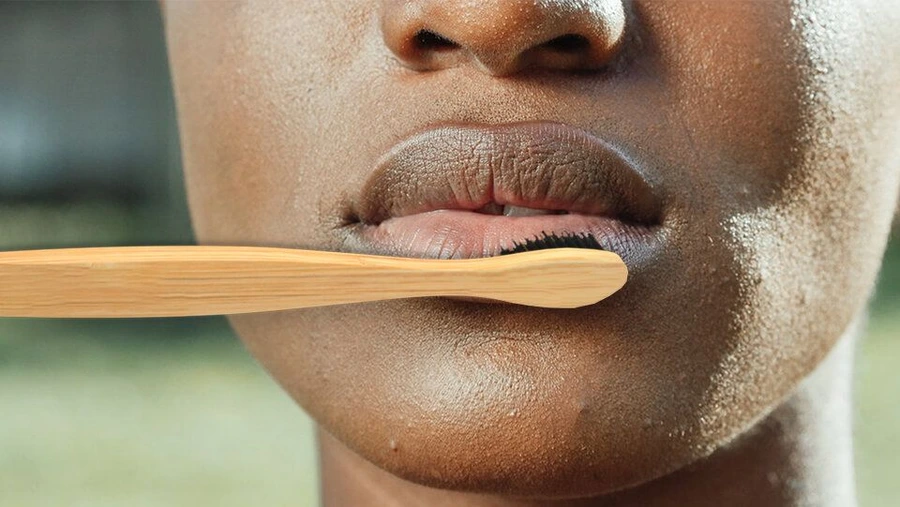
Exfoliation helps to keep skin soft. But products like facial scrubs can be too harsh on your delicate lip tissue. A great alternative is to use a toothbrush to gently exfoliate your lips in a soft, circular pattern. Try not to pick at your skin, as it could cause more peeling or bleeding. You might even want to use a lip mask as directed, then remove it with your brush for optimally soft skin.
4) Don’t Bite Or Lick Your Lips
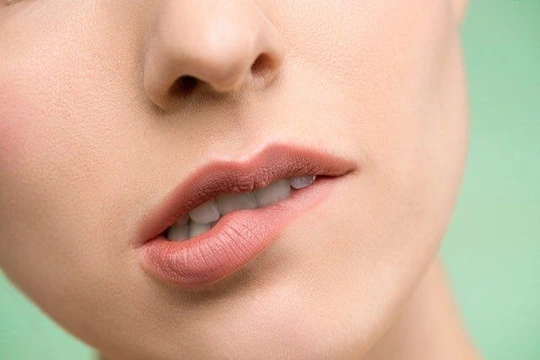
You’ve probably seen this one in kids who instinctively suck on or lick their lips, leaving dry, red skin around their mouth. The bad part is that once your lips are dry or chapped, it’s almost an instinct to want to lick them. But that only makes it worse. Resist the urge to lick chapped lips, suck on them, or rub them together excessively.
If you know that licking or biting your lips is a trigger for you, give yourself something to distract you. Such as chewing on a piece of sugar-free gum or sipping on a bottle of water.
5) Good Oral Hygiene
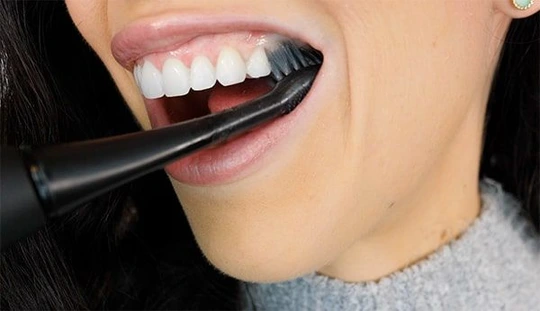
Oral infections such as thrush (a type of yeast) can cause dry, cracked lips. If you’re using the wrong oral care products or not practicing good home hygiene, it can increase your chances of an oral infection. Side-effects like halitosis, burning gums, and chapped lips are extremely common. Good hygiene and things like probiotics can help you avoid candidiasis (yeast) overgrowth.
6) Sleep Better
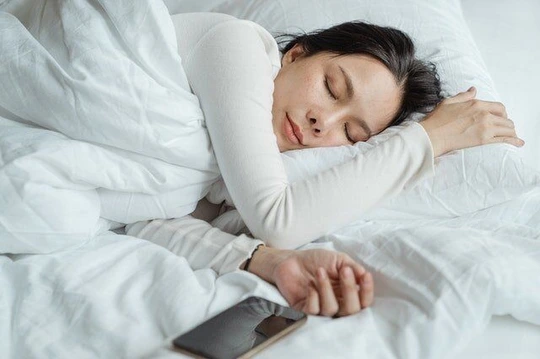
Our bodies run down and wear out more quickly when we don’t get enough rest. Or if you do think you’re sleeping enough but you’re a “mouth breather” or have nasal congestion, your lips will be even drier because you’re not breathing through your nose. Ask your sleep partner if you’re snoring, mouth breathing, or gasping for air while you’re asleep. There might be another issue at play, such as sleep apnea or snoring. If you can comfortably breathe through your nose and you’re getting enough rest, it should help you have softer lips, not to mention more energy the next day.
7) Don’t Use Lip Products With Flavors Or Strong Fragrances
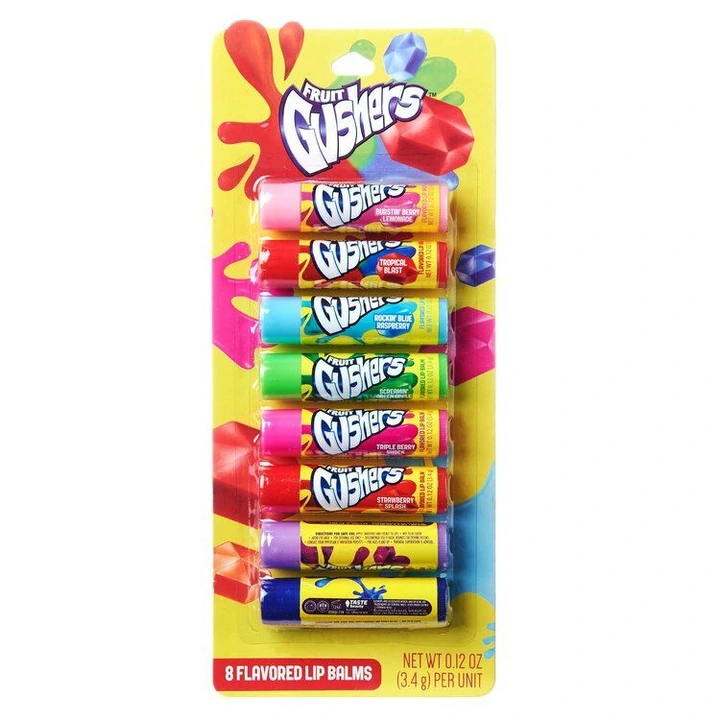
A lot of people have sensitivities to scents, even if they don’t realize it. Flavors can be the same way—especially with peppermint, mint, or cinnamon—causing redness or irritation at times. If you already tend to have sensitive or chronic chapped lips, stick with fragrance-free, flavor-free, dye-free products for your mouth. And even though most of us instinctively think about our lip balm or lipstick, this could also potentially apply to other things we’re putting into our mouths that come into contact with our lips, such as toothpaste and mouthwash blends. Sometimes how to make your lips soft starts with a process of elimination, so start reading your labels to see what’s in the products you’re using. Watch for things like sodium lauryl sulfate (SLS), which can cause tissue sloughing in some people.
8) Drink More Water
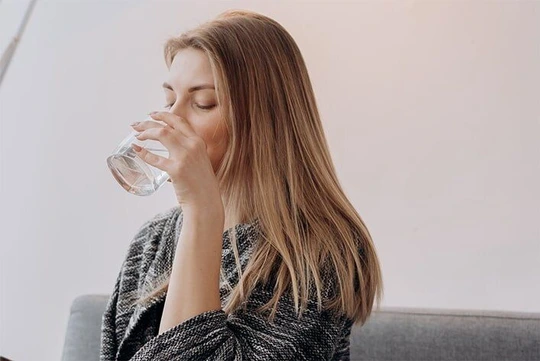
If you’re not getting enough water, it’s time to drink up. Water is important for staying hydrated and having healthy skin and lips. On the flip side, drinking more caffeinated beverages like coffee, tea, soda, energy drinks, etc. will counteract your hydration goals because of caffeine’s diuretic effects.
9) Don’t Stress
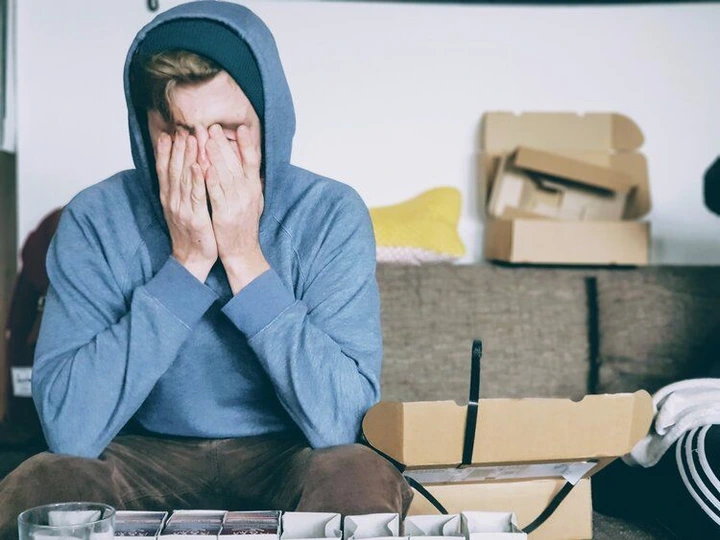
Do you have the option of cutting out particularly stressful factors from your life? Not all of us do, but sometimes we have the option to just let things slide. Or we make up for them through exercise, meditation, or mindfulness. If you tend to experience stress to the point where you get sick easily or are frequently fatigued, you’ll be at an even higher risk of problems like cold sores on your lips. Basically, any time your immune system is strained from stress, it makes you more prone to a canker sore. Things like sun exposure and viruses can add to it.
10) Use The Right Lipstick
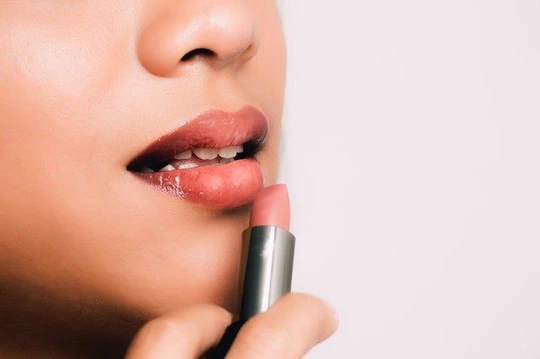
Most of us probably don’t read the labels on our lipstick, gloss, or lip liner packages. But there are certain ingredients in your favorite lipstick brand that could naturally dry out your lips and make them flaky. Especially if you’re applying it day after day and wearing it for hours on end.
As a general rule, wearing more matte lipstick is likely to contribute to dry lips than a glossy one. That’s because they typically have a higher level of wax and pigment inside of them, which can coat and dry out your lips more quickly. Try a process of elimination to figure out which of your lip colors are better than others!
Not Just Lips But Your Breath Too!
When your lips are dry, there’s a really good chance that your mouth is too. Xerostomia (dry mouth) creates an environment where bacterial levels become unbalanced. Bad or smelly bacteria may start to thrive along your gums as well as across your tongue. Once that happens, tooth decay won’t be your only concern. You’ll also have to worry about having halitosis, or chronic bad breath.
Remember, your lips and your mouth are right next to one another. So, if the skin on your lips is unhealthy, the tissues just behind them might be too. Dry lips could be the first indication that you also have bad breath, without even knowing it.
Is Bad Breath Contagious By Kissing?
Although someone can technically “spread” bacteria to another person through kissing, sharing eating utensils, etc., it would likely take repeated efforts and a lack of good home care to “catch” whatever issue is going on in the other person’s mouth. Such as gum disease, tooth decay, or whatever might be causing their bad breath. Unless they have some type of a chronic infection, the chances of catching bad breath from someone else are fairly slim, assuming you brush and floss properly each day.

Make your inbox smile!
Subscribe





